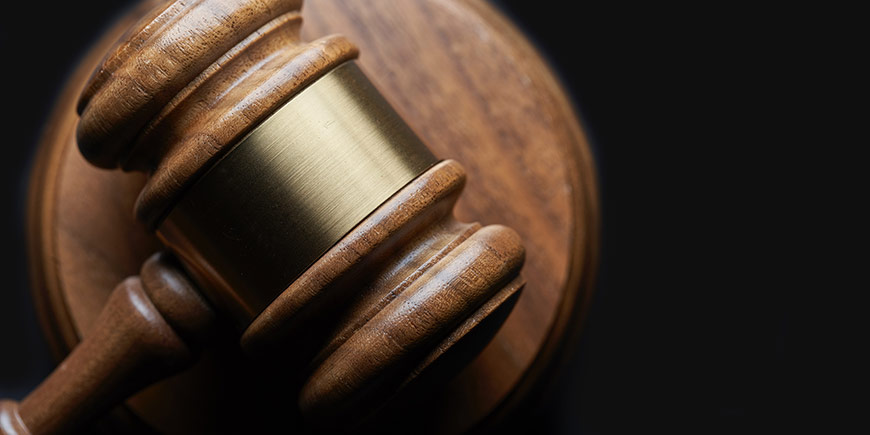
We often receive calls from private individuals who, for one reason or another, need quick-fire turnaround certified translations. We asked one of our project managers to give us the low-down.
Interviewer: Hi there, so… Let’s begin at the beginning. What on earth is a ‘certified translation’ and why do people need it?
Project Manager: Well, a certified translation is where a translation company formally confirms that a translation has been completed by someone who is appropriately qualified. So if, for example, someone needs a certified French to English translation, then the translation has to be completed by a formally qualified translator, translating in the right direction.
Interviewer: Sorry, what do you mean ‘the right direction’?
Project Manager: Well, translators always translate into their native language. So even if someone has really, really strong qualifications in a foreign language, they’ll only usually translate in one direction, so into English, or into French. There are some circumstances where linguists can work in both directions, for example where someone has two native languages, has grown up bilingual and is qualified in two languages, or where a language is really rare, but these situations are the exception rather than the rule.
Interviewer: OK, I see now. But when might someone need something certified?
Project Manager: Well, usually, if people are applying for official documents to be honest. So things like birth certificates, death certificates, marriage certificates, that kind of thing.
Interviewer: So just for certificates?
Project Manager: Well, no, actually. Sometimes we work on translations for solicitors firms or for the police. If a document is going to be used as part of a court case, then the translations usually need to be certified.
Interviewer: But those can’t be translations of certificates surely?
Project Manager: No! It would be where witness statements have been translated (from recordings or from text), or sometimes where things have been proofread, that kind of thing.
Interviewer: Right. And what about notarisation and legalisation?
Project Manager: Well, they are essentially higher level certification. Notarisation is where a Notary Public signs a document, to formally ‘notarise’ it – sworn statements, powers of attorney, those are the kind of things that might be notarised. Obviously, we would translate a document, then it would be certified and notarised. And legalisation, that’s where the Legalisation Office confirms that a signature, stamp or seal is from a UK public official.
Interviewer: And how quickly can you, for example, certify something?
Project Manager: Well, at a push it would be possible to have a certified translation completed within 48 hours, but that would be super-fast! -Remember that the hard copies would also have to be posted, as next day delivery.
Interviewer: Wow! Have you had to do that before?
Project Manager: We’ve certainly had to complete lots of rush certifications before! I remember having to certify multiple Spanish to English translations for a house sale – that was tough…
Need help?
Should you require our help with certification, notarisation or legalisation do not hesitate to get in touch with us and our team will do their best to help you.

